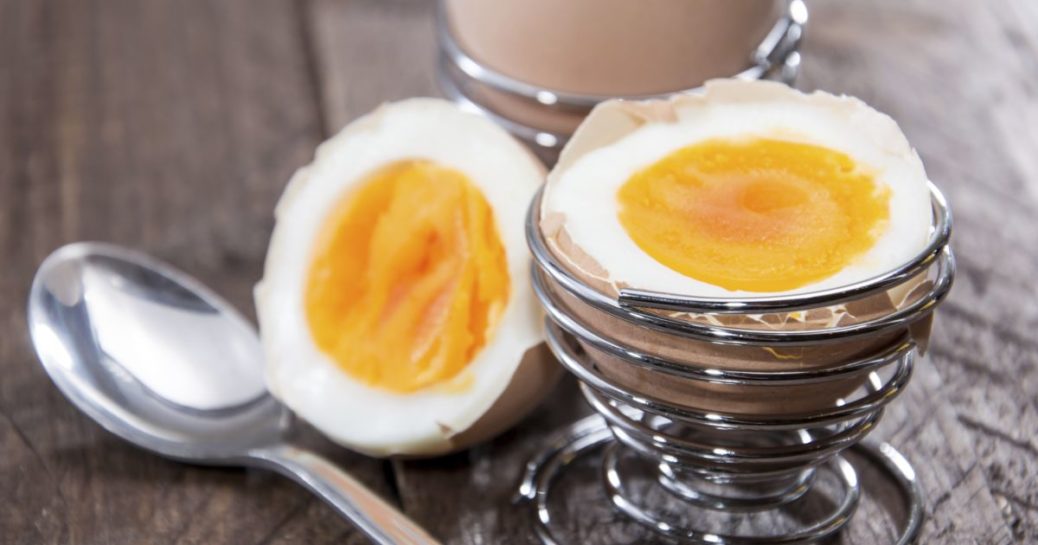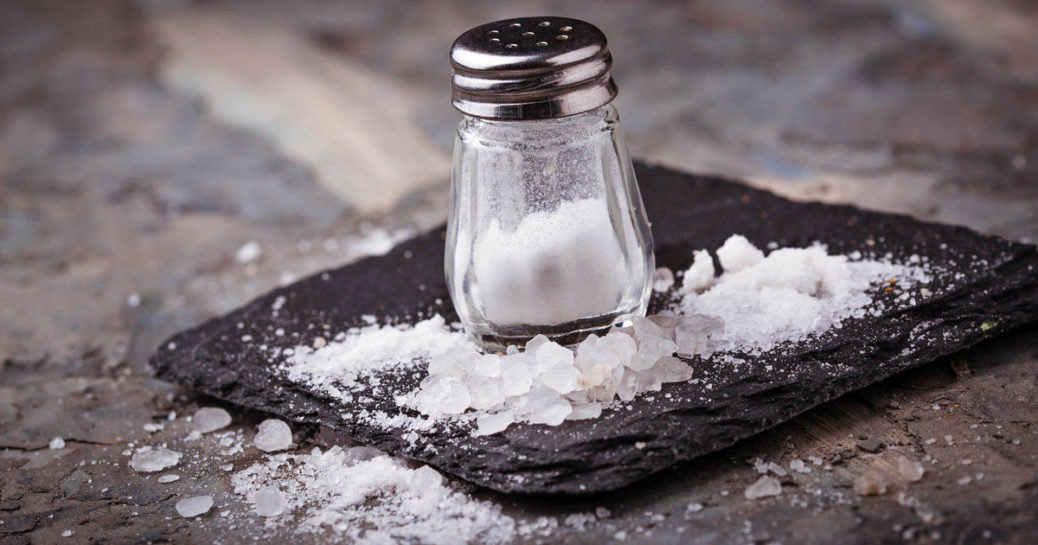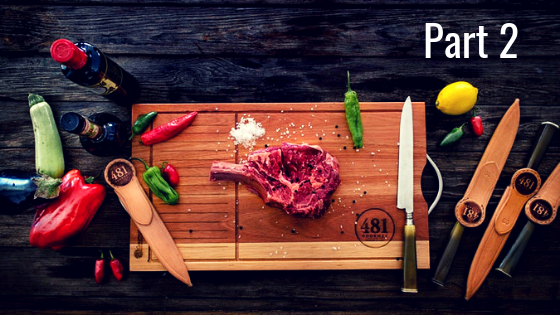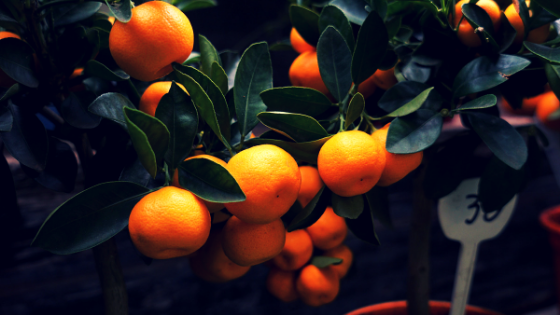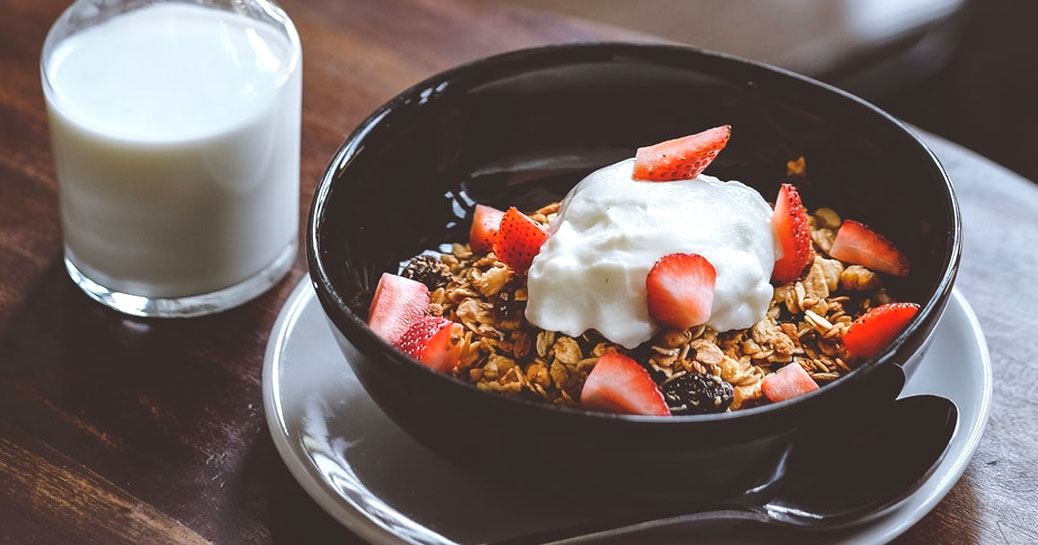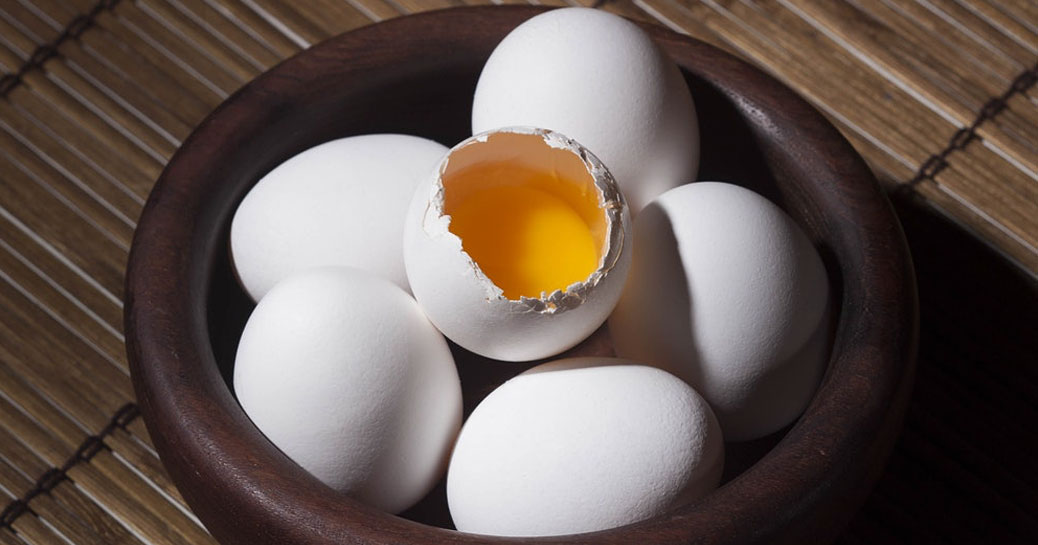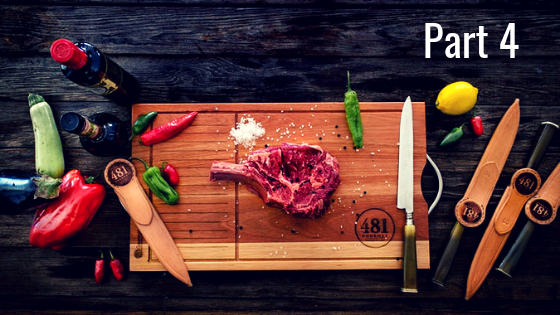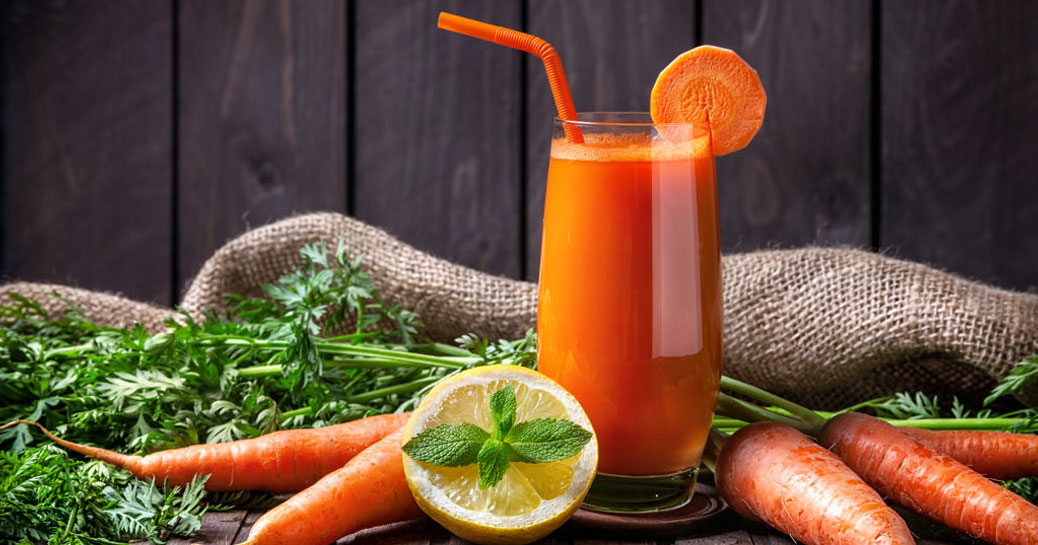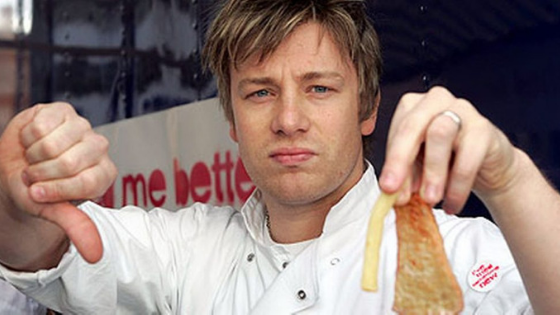In this second part of the cholesterol series, I describe just how important it is and why you should not worry about eating eggs.
An Utterly Essential Nutrient
The liver is central to the regulation of cholesterol levels in the body, producing 75% of it. The other 25% comes from our diet. Your liver not only makes most of the cholesterol circulating in your blood, but it adjusts for what you ingest – a process called homeostasis (keeping important things at a constant level). Your body makes all the cholesterol you need. Nothing is left to chance. This is the main reason why your diet does not determine blood cholesterol levels. If you eat more, your liver will synthesise (make) less – and vice versa. Studies have shown that people fed up to 10 eggs a day kept their cholesterol levels constant.
Cholesterol is an utterly essential nutrient. Without it, we would die instantly.
However, there are some exceptions. In some people, high cholesterol foods do cause a rise in blood levels. These individuals are known as ‘hyper-responders’ and they have a genetic variant. Importantly, despite dietary cholesterol causing a moderate increase in LDL (low-density lipoprotein) in this population, it does not seem to increase their risk of heart disease. I discuss ‘hyper-responders’ in some detail in this article.
- It is not a fat. It is a high molecular weight sterol – subgroup of the steroids and an important class of organic molecules. Sterols are fat soluble. It is one of the most important chemicals in our bodies. It is only found in animal foods and is an essential ingredient for life, involved in a myriad of important functions.
- It is used as a raw material for the healing process when an injury is detected in the body. This is why cholesterol, calcium and several other molecules are found in scar tissue – including an injured artery. When cholesterol was observed within the plaque that blocks arteries causing heart attacks, it was assumed to be responsible for causing heart disease. This is as ignorant as blaming the fireman for causing a fire. It is there to help. To repair. It did not cause the injury in the first place. We’ve confused effect with cause.
- It is vital for normal brain and nerve function and is found in large amounts in brain tissue. The brain requires over 25% of the body’s cholesterol. The nervous system uses huge quantities for insulation, protection, and structure (myelin).
- It is found in large amounts of breast milk. Babies need plenty of cholesterol for proper brain development. Infant formulas have, worryingly, been manufactured without cholesterol due to the aforementioned confounding fears.
- Stress hormones and sex hormones (such as oestrogen and testosterone) are made from cholesterol as is Vitamin D which is made from cholesterol in the skin
- It is converted into bile salts in the liver, which are needed to break down and absorb fats – and in turn, fat-soluble vitamins A, D, E and K, four very important vitamins.
Raised cholesterol levels are common in periods of prolonged stress, in response to chronic infection, if you are injured, pregnant or recovering from an operation. Ask yourself this. Can cholesterol – a chemical that your body makes all day every day, one that you would die instantly without – be dangerous and deadly?
The Great Cholesterol Con
Dr. Malcolm Kendrick, a GP, researcher and author of The Great Cholesterol Con is a well known ‘diet-heart-cholesterol theory’ skeptic. In his book, he presents an astonishing weight of evidence to debunk this myth. He and many other skeptics, continue to be shamed and ostracised for their stance by the mainstream scientific community. Dr. Kendrick’s book is well researched, witty and pretty convincing. I would recommend it to anyone who is on a Statin – a cholesterol-lowering drug. These drugs are hailed as ‘wonder drugs’ but their benefits have been highly exaggerated.
Another revelation is that most of the studies that drove the guidelines – and the information around statin prescription – were industry-sponsored studies. This has driven a multi-trillion dollar industry and it’s difficult to comprehend such a blatant conflict of interest.
I cannot give individual advice but would urge you to do your research and make informed decisions as to what is best for you. This book is a good start.
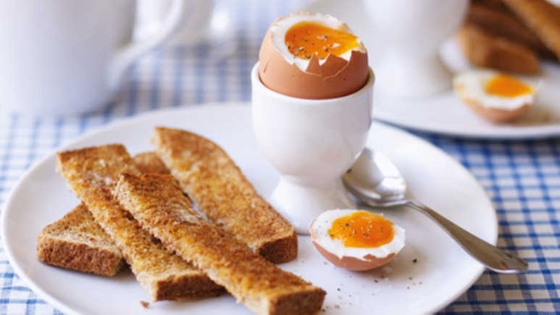
EGGS | INSULEAN
Eggs | A Nutrition Powerhouse
Eggs are a low-cost nutrition powerhouse with 14 essential nutrients, naturally rich in Vitamin D, Vitamin B2, Vitamin B12, Iodine, Selenium, and high-quality protein. Egg yolk fat is about 46% oleic acid, an omega-9 monounsaturated fat commonly found in olive oil, 38% saturated fat, and 16% polyunsaturated fats (PUFAs). The PUFA ratio depends on how the chickens were raised. Chickens that are pasture-fed or fed with a special omega-3 diet will have a more balanced PUFA ratio. Some research suggests that it isn’t just the amount of heart-healthy omega-3 fats you consume, but their proportion to omega-6, that’s important to your health.
Take Action
- Eat your eggs – free of worry or guilt. Preferably choose pasture-raised organic eggs. There is no need, whatsoever, to avoid liver, meat, fish, eggs or dairy products for any cholesterol that they may contain. Enjoy these natural, highly nutritious foods freely.
- Avoid low-fat products. When you see ‘low-fat’, think ‘high-sugar’ (or artificial sweeteners). There is no evidence that natural (real) fats cause heart disease. What you should be avoiding is excessive sugars and processed, refined carbohydrates (fast food, pastries, cakes, biscuits, donuts) which are energy-dense, nutrient-poor and manufactured with highly processed unnatural oils.
- Ignore the fake food industry. Their duty is to their shareholders, not to you. Think farm. Not factory.
- Eat Real Food.

